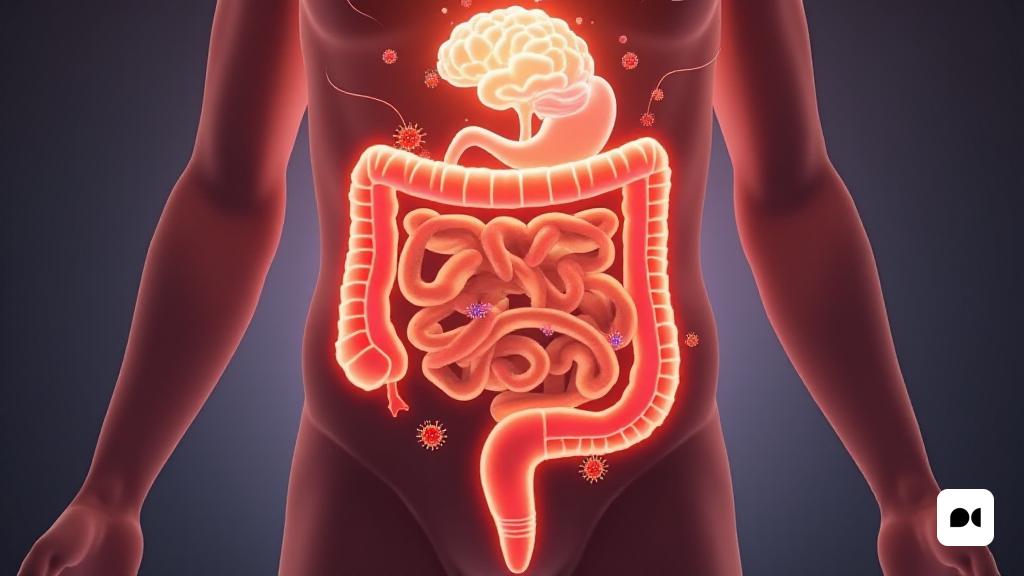The body-mind relationship through the intestine
The intestine, a vital organ, contains a surprising amount of more than 100 million neurons and is the main producer of serotonin, a crucial neurotransmitter for our mood. Recent research has revealed that the intestinal microbiota, composed of billions of microorganisms, plays a fundamental role in our physical and mental health.
Connecting mechanisms between the intestine and the brain
Dr. Saliha Mahmood Ahmed, a specialist in gastroenterology, explains that the connection between the intestine and the brain is established through three main roads. The first is the vague nerve, which connects the brain with several organs. Second, hormones such as Grelina send signals between the brain and the intestine. Finally, the immune system, which operates largely from the intestine, acts as a mediator between these two systems.
The brain as an energy consumer
Dr. Pankaj J. Pasricha, of the Mayo Clinic, emphasizes that the brain, although only 2% of our body weight represents, consume 20% of the total body energy. This makes the intestine an essential source of energy, by decomposing food to provide nutrients.
The mutual influence of intestine and brain
The relationship between the intestine and the brain is bidirectional. For example, in stress situations, such as a job interview, it is common to experience stomach discomfort. Likewise, falling in love can cause sensations of ‘butterflies in the stomach’, while constipation can generate irritability.
The microbioma: an ecosystem inside us
Inside our intestine inhabits a vast microbial community that exceeds our own cells in number. These microorganisms play a vital role, helping in the digestion and decomposition of food that our body cannot process on its own.
Advances in microbioma investigation
Knowledge about microbiota has grown exponentially in recent years. Dr. Ahmed mentions that new tools have allowed us to better understand how these microorganisms influence various diseases, from gastrointestinal disorders to psychiatric conditions.
Promoting a healthy microbiota
Given the complexity of the microbioma, each person presents a unique profile of microorganisms. However, there are general practices that can improve intestinal health. A balanced and rich diet in diversity, which includes probiotics and prebiotics, is essential.
The importance of plant foods
Dr. Ahmed emphasizes that consuming a variety of foods of plant origin contributes significantly to the health of the microbioma. Studies suggest that an intake of at least 30 different types of plants a week can be beneficial.
Impact of the diet on the emotional state
Recent research has explored the possibility that a diet rich in probiotics can influence the emotional state. A study at the University of Oxford analyzed people with depression and found that those who consumed probiotics showed less sensitivity to negative emotional stimuli.
The need for more research
Despite the promising results, Professor Rita Baião warns that more research is required to fully understand how probiotics can affect mental health. Dr. Pasricha also points out that modifying microbiome is a process that can take time.
A look towards the future
Although the way to a balanced microbiome can be complicated, the growing understanding of the connection between the intestine and the brain opens new possibilities for integral health. As science advances, we also do our ability to address health problems from a more holistic perspective.

